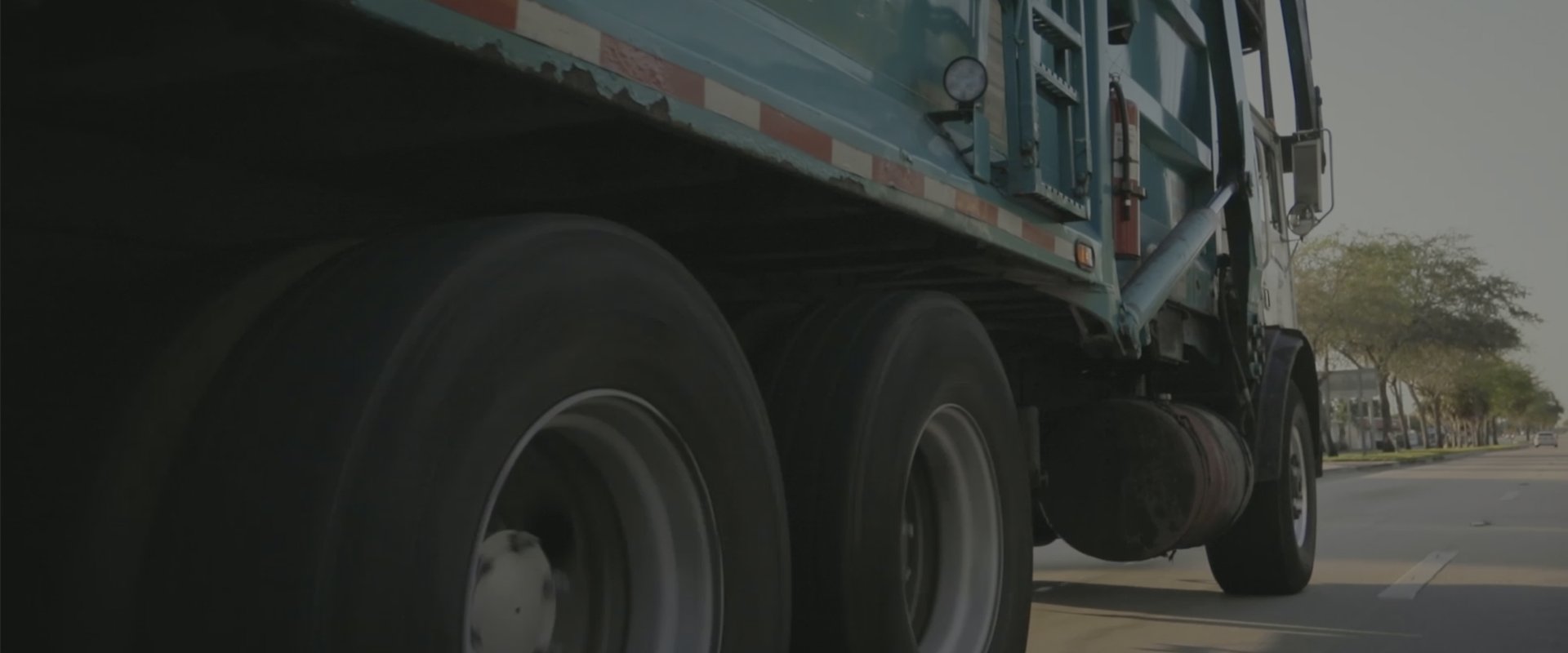Knowledge Base // Hard-to-recycle // E-Waste
Gadget Obsession and E-Waste Problems
Discover the alarming growth of e-waste and the impact it has on our planet. Here are ways businesses can do better with their electronic waste.
READ MORE
Sign up for our blog and newsletter, so you are always in the know about waste and recycling.
Knowledge Base // Hard-to-recycle // E-Waste
Discover the alarming growth of e-waste and the impact it has on our planet. Here are ways businesses can do better with their electronic waste.
Andy Rihn | Aug 2, 2023 4:09:34 PM
READ MORERecycling // Knowledge Base // Hard-to-recycle
FleetHaul is solving complex logistics and sustainability challenges for thousands of customers across the country.
Bradford Arick | Feb 16, 2023 11:00:00 AM
READ MOREKnowledge Base // Hard-to-recycle
Learn about the specifics of each specialized waste category and what can happen when these materials are improperly handled or disposed of.
Rachel Gerlach | Aug 11, 2022 10:30:00 AM
READ MOREHard-to-recycle // Automotive // batteries
Electric Vehicles (EV) are becoming more common. We describe 4 different types of EV batteries, the difficulties of recycling them, and potential solutions
Bradford Arick | Jun 16, 2022 10:30:00 AM
READ MORERecycling // Knowledge Base // Hard-to-recycle
We answer many common questions about recycling, what to recycle, what not to recycle, business recycling, plastic recycling, and more.
Bradford Arick | May 12, 2022 10:30:00 AM
READ MOREPaper // Cardboard // Hard-to-recycle
Lunch containers such as pizza boxes, brown paper bags, and compostable containers may or may not be recyclable. Learn how to decide what to do with them.
Bradford Arick | Apr 28, 2022 11:00:00 AM
READ MOREPlastics // Thought Leadership // Hard-to-recycle
Here are some tips, tricks, and ideas to go green this spring holiday, including alternatives to plastic eggs and baskets.
Bradford Arick | Apr 14, 2022 11:00:00 AM
READ MORERecycling // Hard-to-recycle // Textiles
Here are some tips, tricks, and ideas to get your space feeling less cluttered and less dusty during spring cleaning.
Bradford Arick | Apr 7, 2022 3:59:56 PM
READ MOREKnowledge Base // Hard-to-recycle
Learn which common contaminates to look out for, and the best practices for keeping your recyclables clean.
Brian Ferris | Feb 17, 2022 3:14:20 PM
READ MORELet's get the conversation started on how to drive recycling and cost savings for your business.